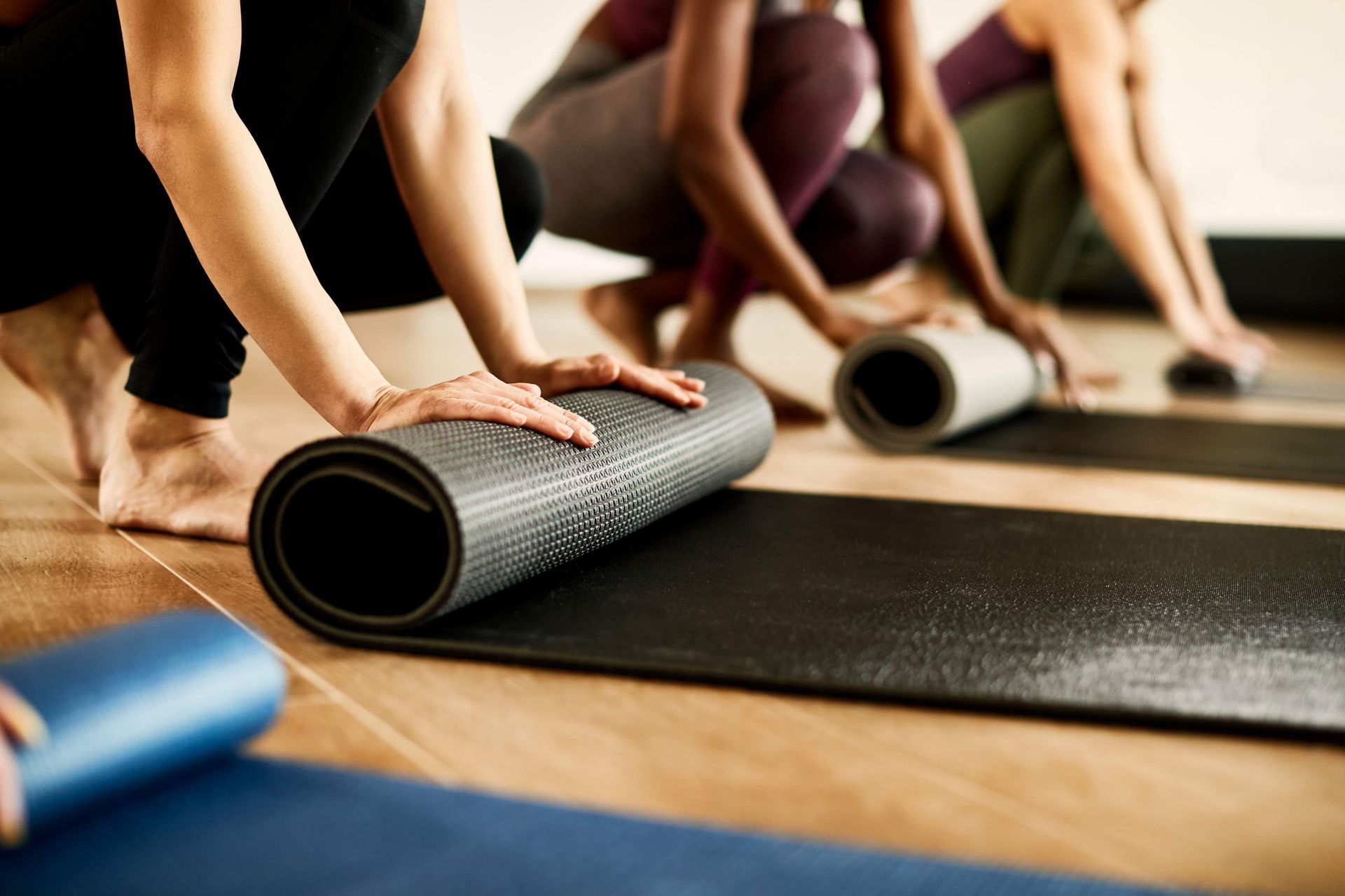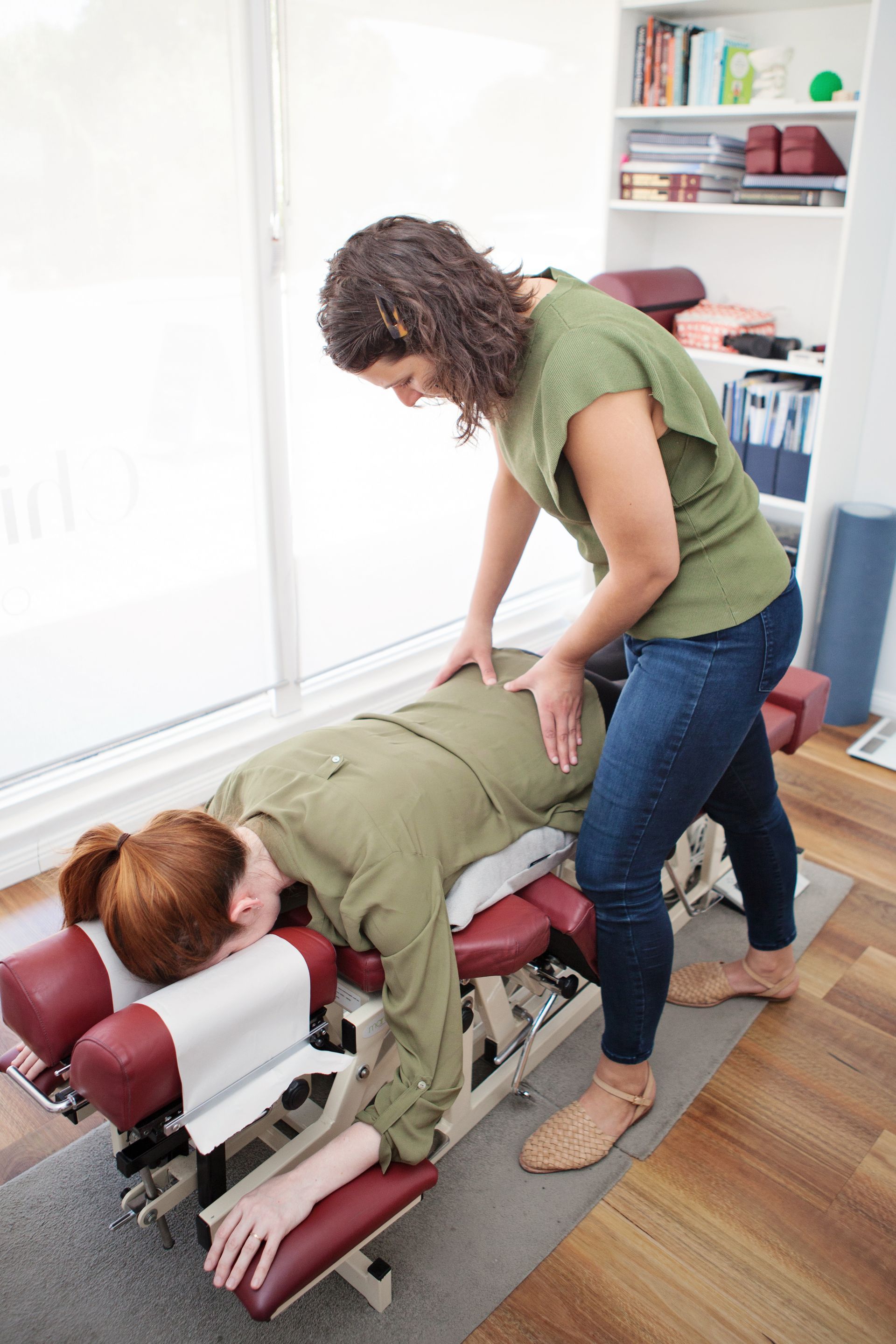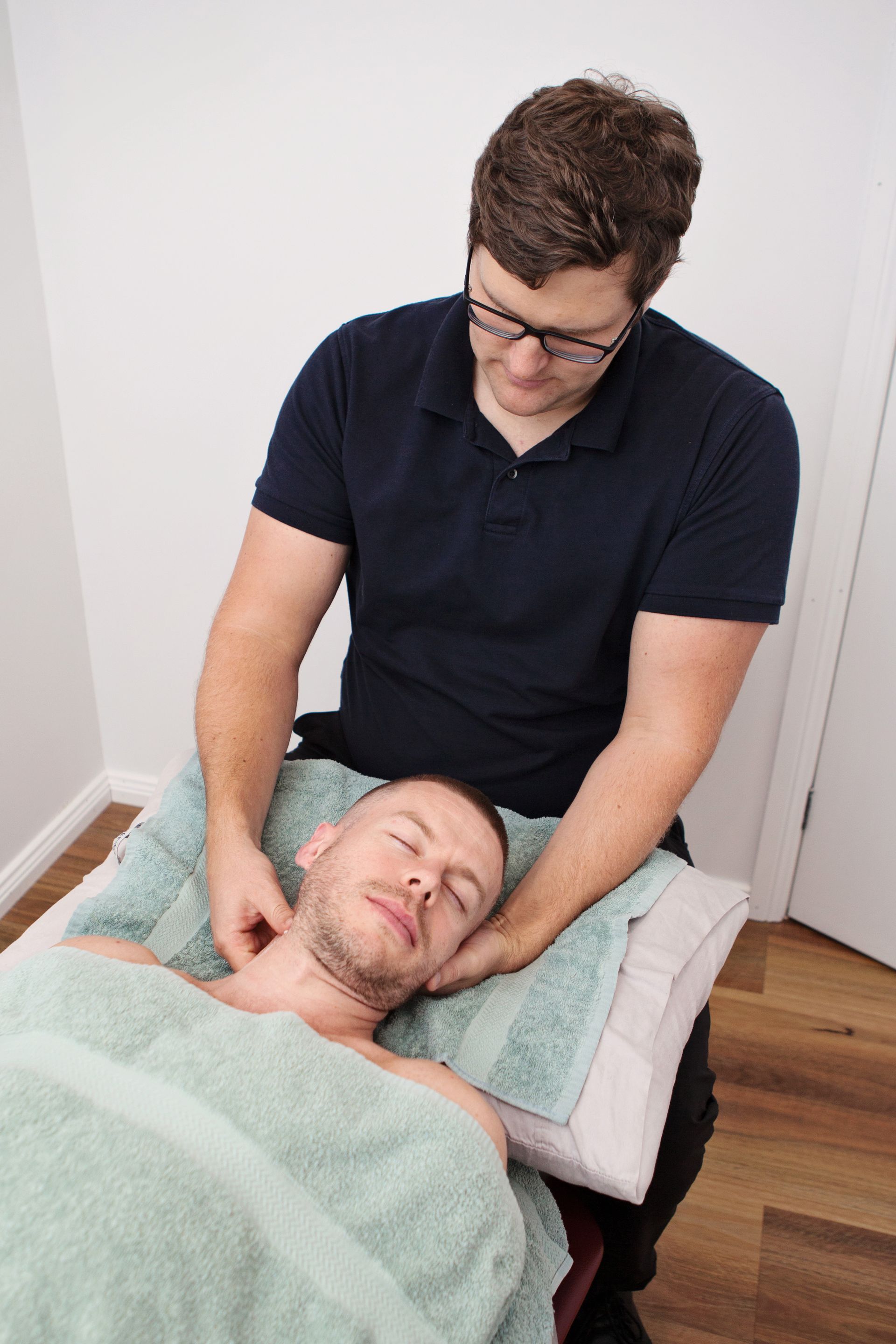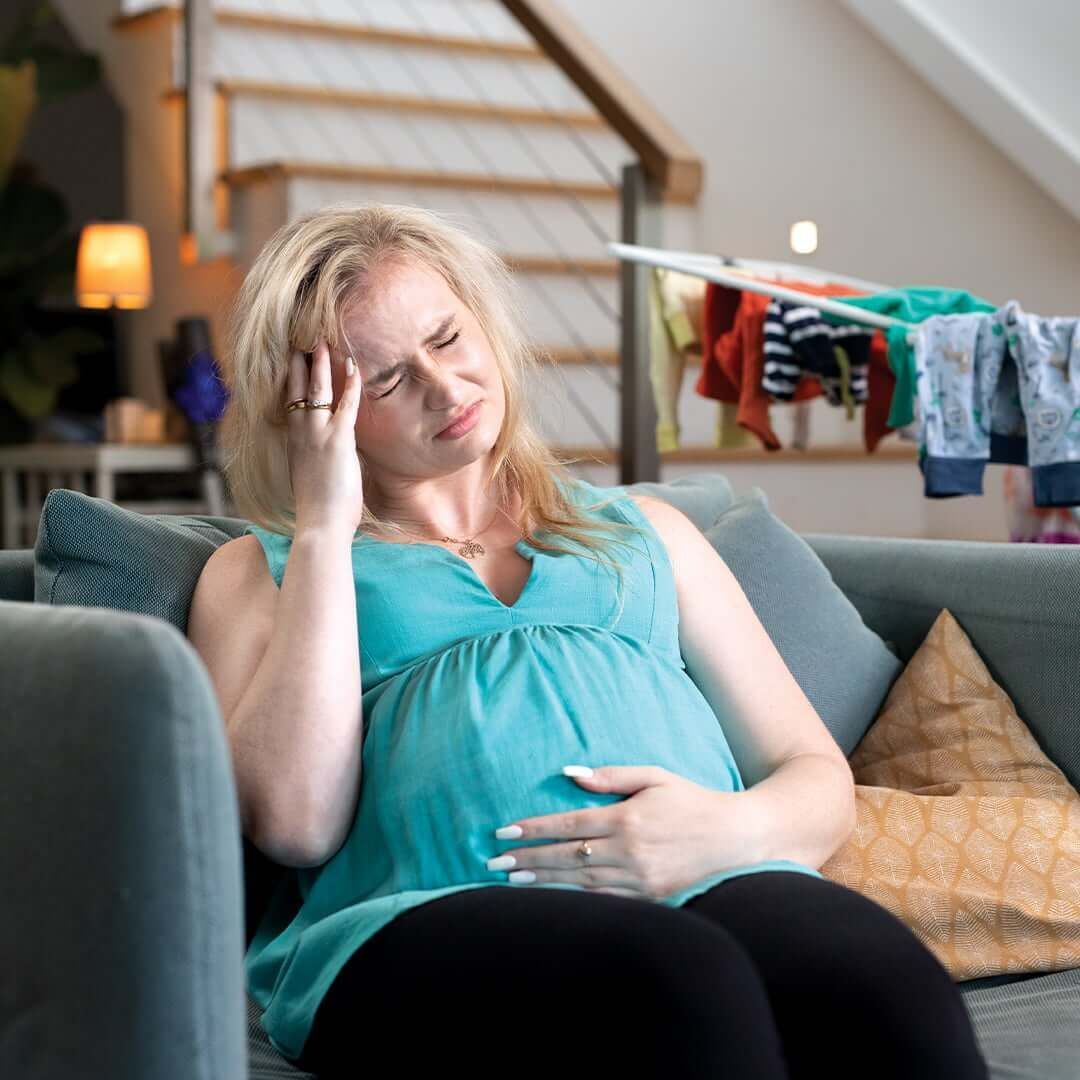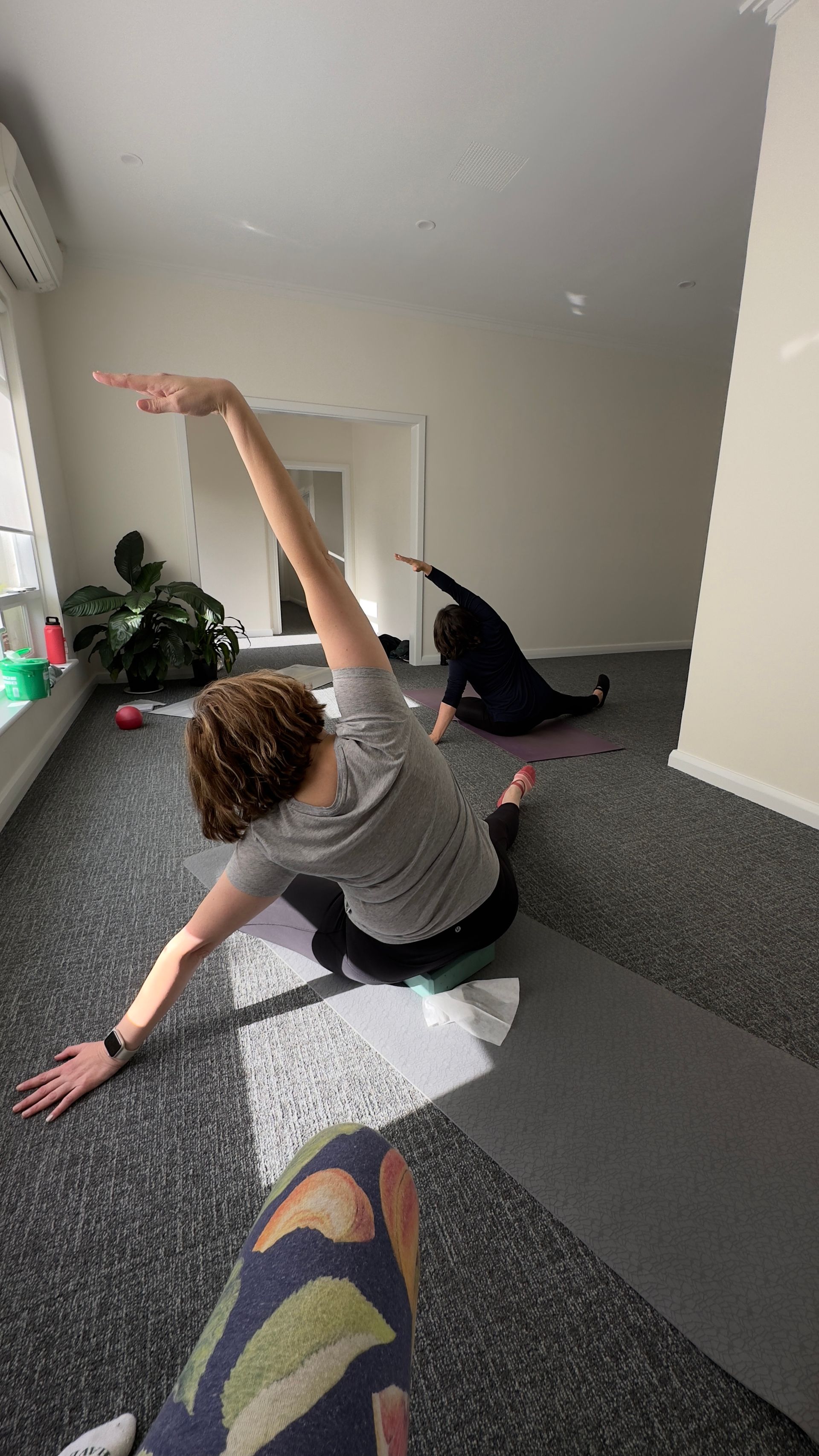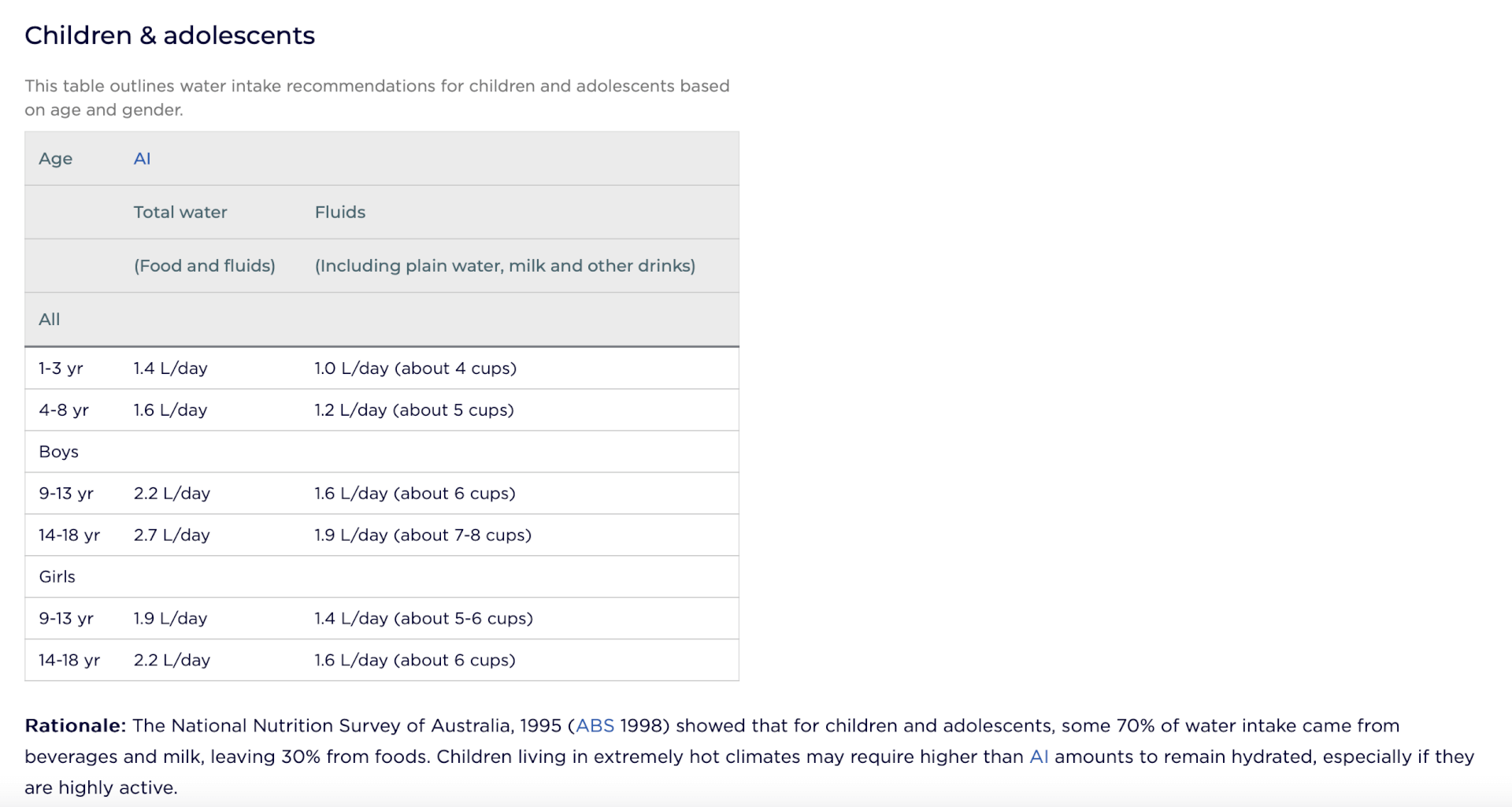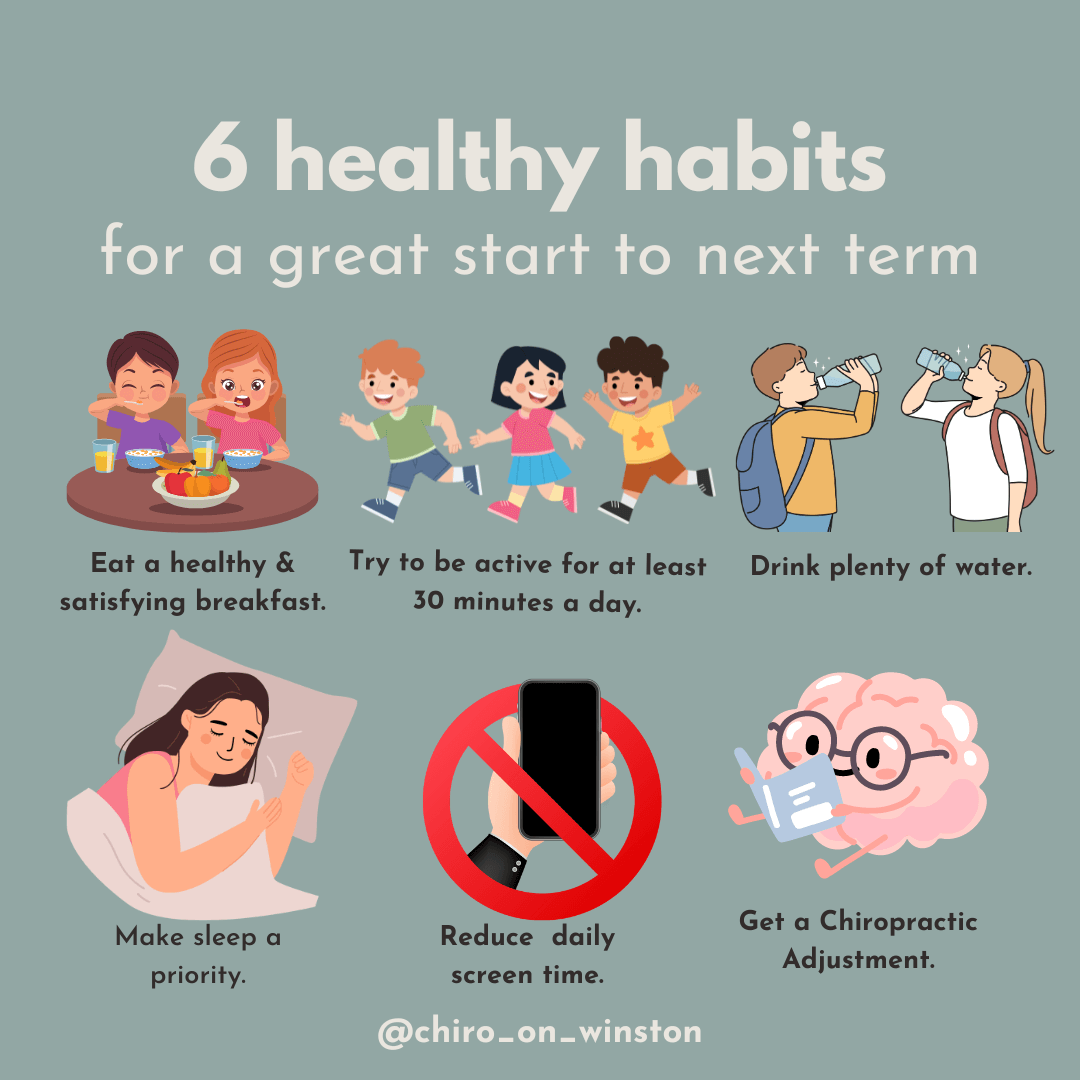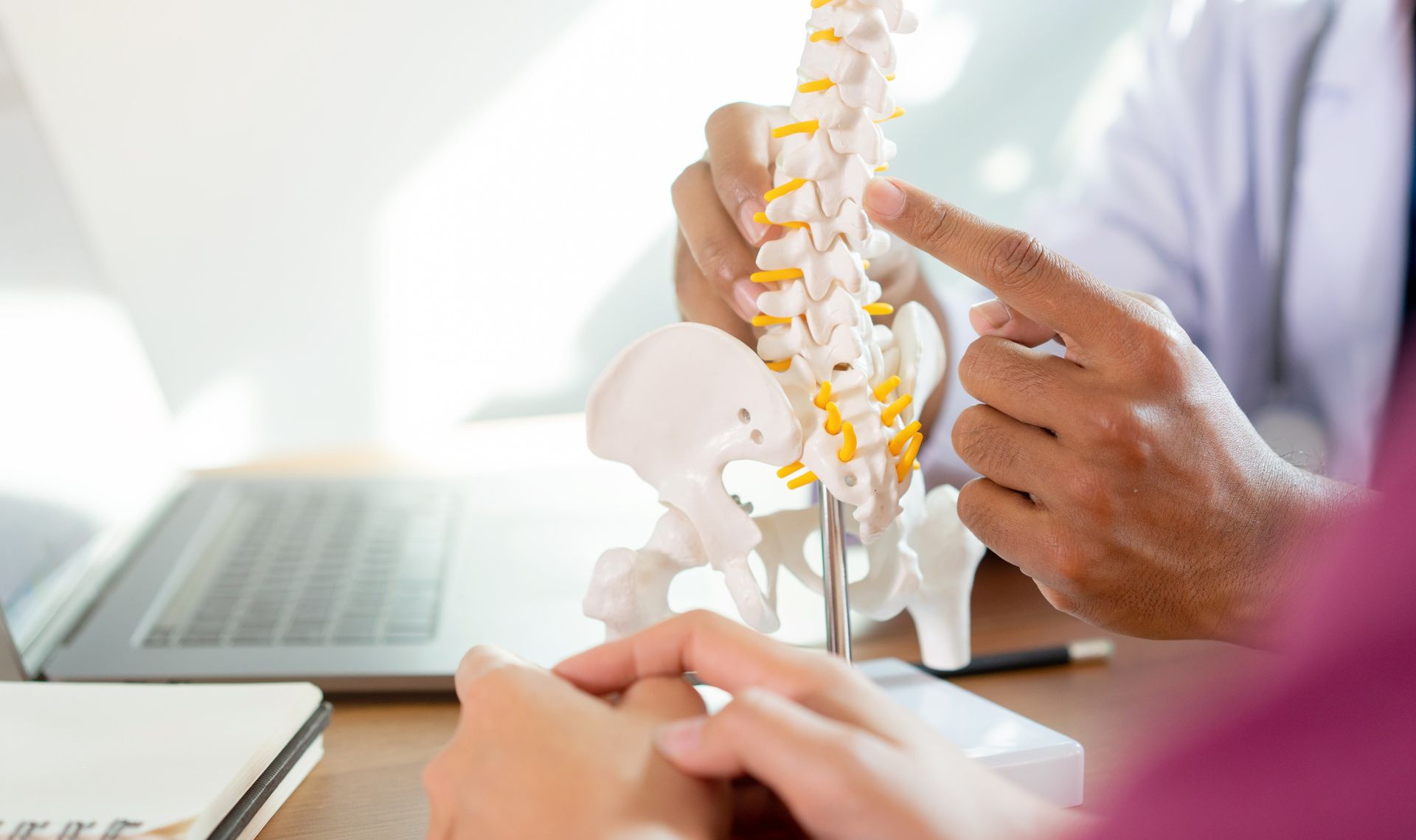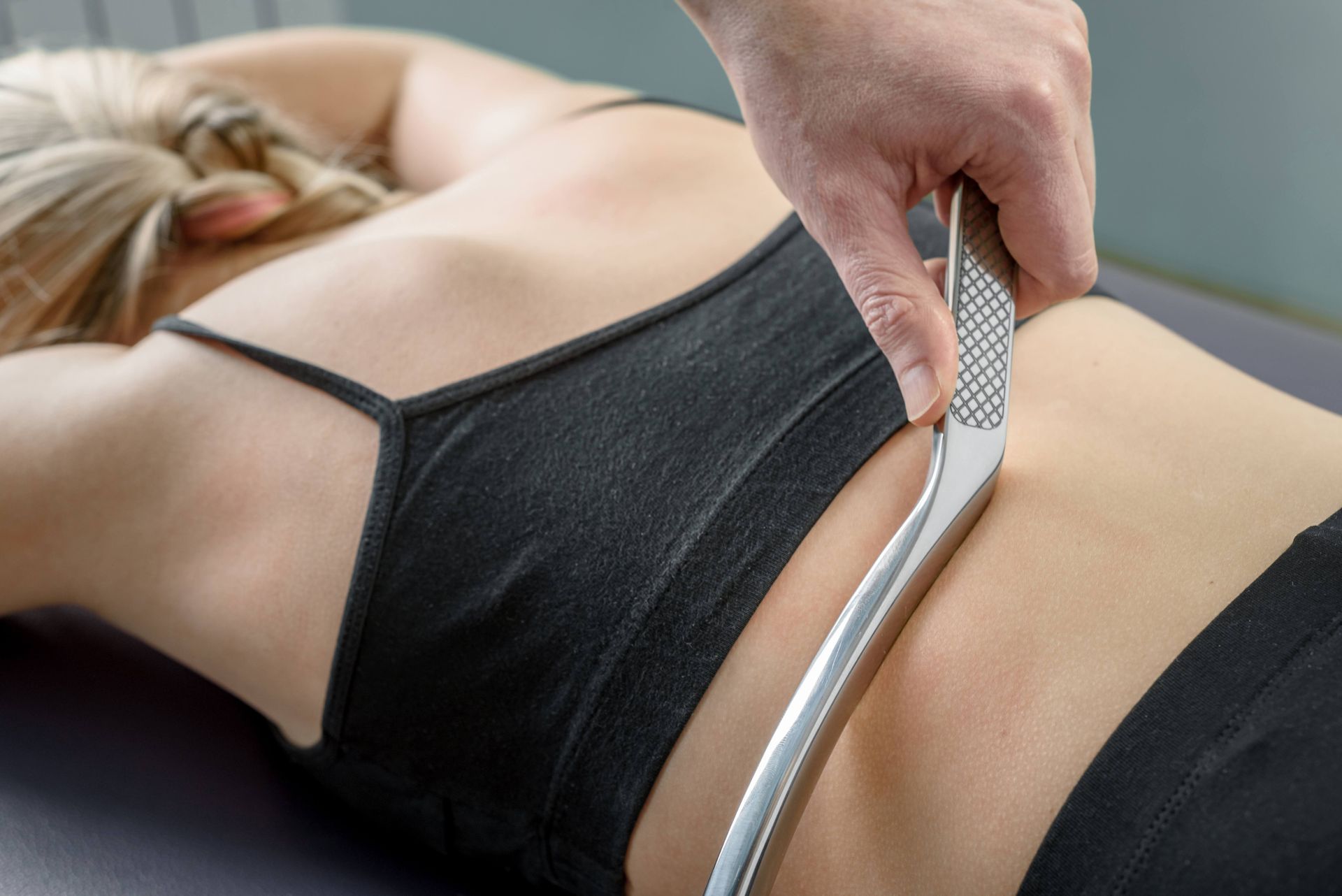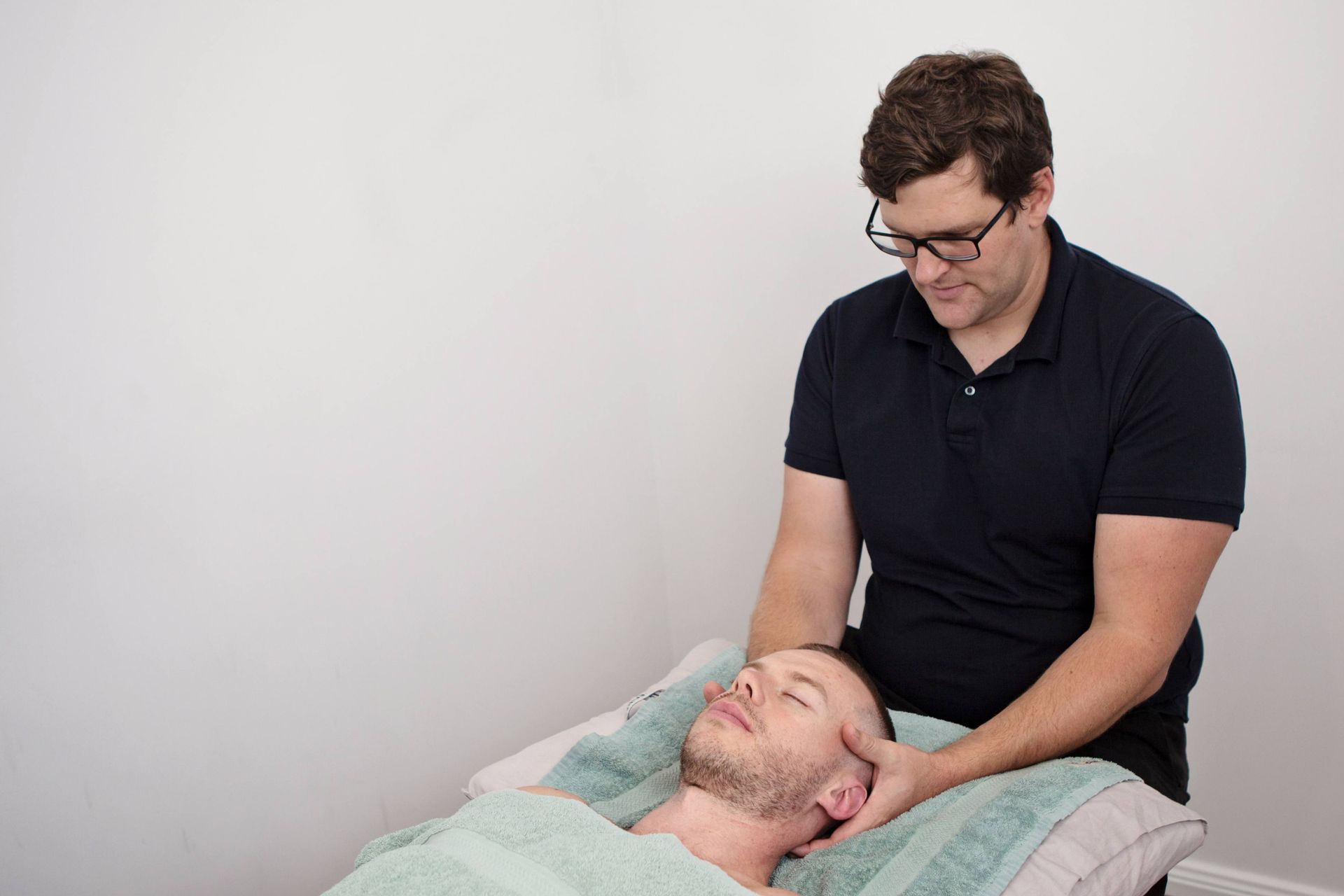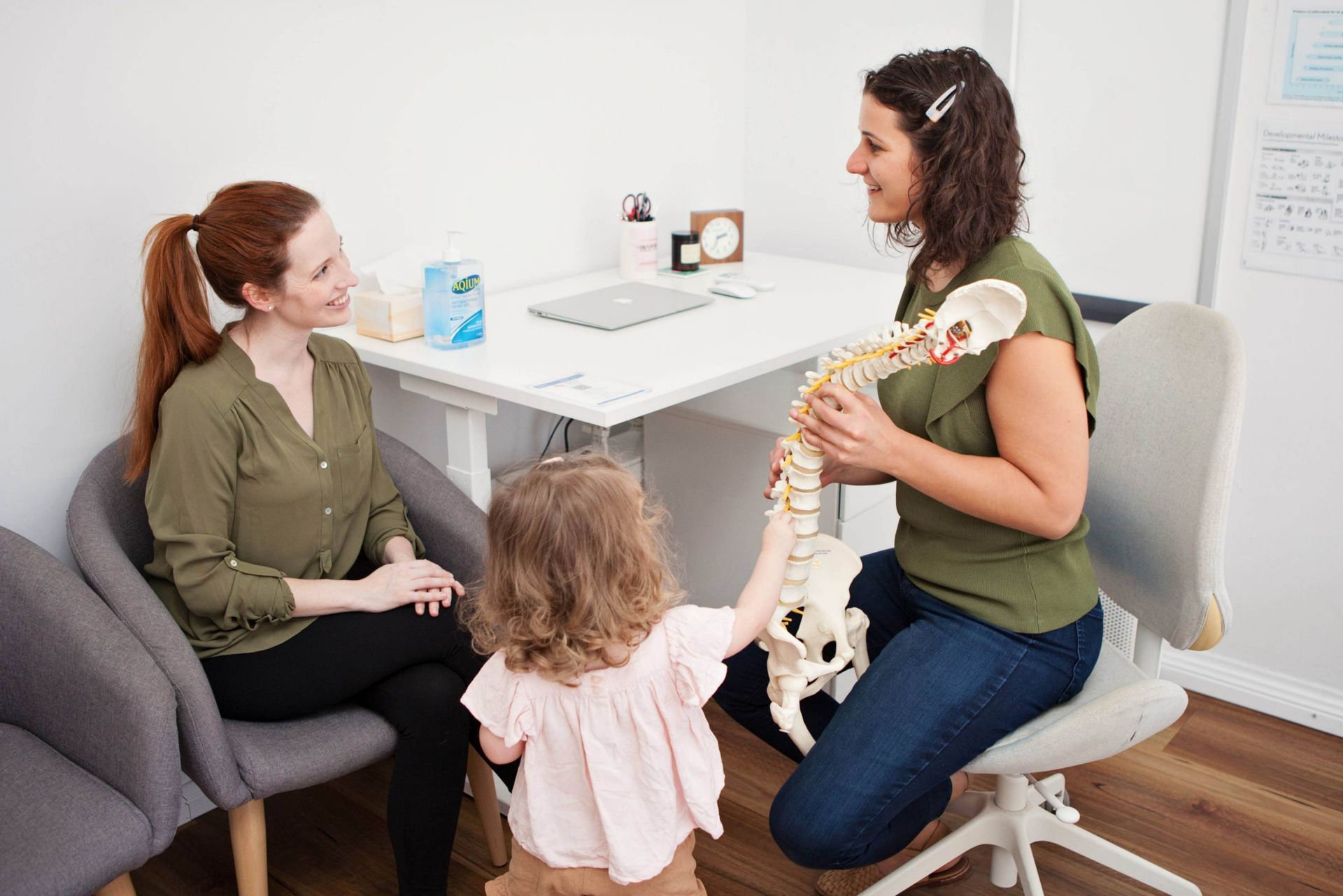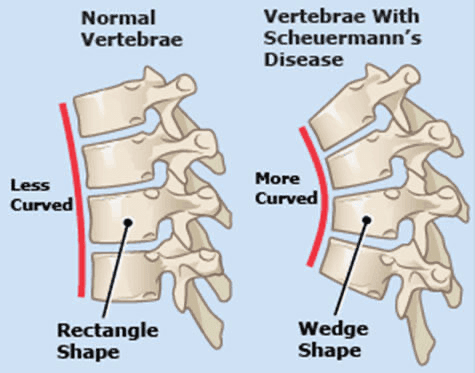6 Healthy Habits for Children and Adolescents to have a great start to next term
Building Healthy Habits.
We know habits are routines that are regularly practiced, which ultimately become common and easily performed. These 6 healthy habits are our recommendations to help your children have a great start to the new term!
As you can see, none of these habits are ground breaking but it’s about –
- bringing awareness to each habit individually.
- performing these habits so they become routine.
Let’s expand a little more on each of these healthy habits.
1. Eat a healthy and satisfying breakfast.
By choosing foods that are colourful and diverse we’re able to feed the gut flora inside our gut.
This flora is responsible for a lot of what goes on in our body!
By keeping the gut flora happy we’re able to
- Stay fuller for longer
- Improve our concentration for school
- Overall improve our body’s function
Food is the direct source of input into our cells, and our cells are what makes up our organs and the organs make up our bodily systems. After all, the saying really is true; You are what you eat!
When thinking about variety in diet think about eating the rainbow of vegetables and salad. For more advice we recommend chatting to a nutritionist, dietician or naturopath.
2. Try to be active for at least 30 minutes a day.
We all know the importance and benefits of being active. Benefits include but are not limited to:
- Better sleep,
- Improved contraction
- Manageable weight
- And so many more benefits……
The WHO recommends that:
Children and adolescents should do at least an average of 60 minutes per day of moderate- to vigorous-intensity, mostly aerobic, physical activity, across the week.
Strong recommendation, moderate certainty evidence
Vigorous-intensity aerobic activities, as well as those that strengthen muscle and bone, should be incorporated at least 3 days a week.
Strong recommendation, moderate certainty evidence
The following are importance practice statements to keep in mind –
- Doing some physical activity is better than doing none.
- If children and adolescents are not meeting the recommendations, doing some physical activity will benefit their health.
- Children and adolescents who are starting to move should slowly start to increase their activity. This will help their body get used to the workload.
- It is important to provide all children and adolescents with safe and equitable opportunities and encourage them to participate in physical activities that are enjoyable, offer variety, and are appropriate for their age and ability.
3. Drink plenty of water.
We all know that water is essential for life and we know that children and adolescences require difference in water intake compared to adults. It’s important to recognise that in children even mild dehydration can affect cognitive school performance.
Below you’ll find a chart with the recommended water intakes for different ages.
4. Make Sleep a priority.
Chaput & Janseen in 2016 reported that the recommended sleep times for:
- School aged children 6- 13 years of age is between 9-11 hours.
- Adolescents 14 – 17 years of age is between 8 – 10 hours.
It was reported that it is not uncommon for Adolescents to go to bed after midnight during the week. This quote from Matthew Walkers book Why We Sleep, (if you haven’t read this book – then you must!)
“Why do most 16 year olds drive like they’re missing part of their brain? Because they are” – It takes deep sleep and developmental time for the brain to reach full maturation.
Adolescents circadian rhythms are accelerated forward, which is a normal and common phenomenon across all adolescents irrespective of culture or geography.
So to help you understand this concept this short explanation may help:
When you ask your teenager to go to sleep at 10pm, it’s like your children are asking you to go to bed at 7 or 8pm. And when you are asking your teenage children to wake up at 7 or 8am, it’s like you waking at 4 or 5am.
As a parent it important to understand that the sleep behaviours of your adolescent children is not a conscious choice but rather a biological one. So embrace it, encourage it and praise it.
By the time your teenage children reach into young and middle adulthood their circadian rhythm will have shifted back to a more “normal” routine.
Another challenge facing teenage children is the complexity of them requiring more sleep than adults, their accelerated circadian rhythms and the demands placed on them for early school times.
If we know biologically teenage children need to sleep more & we know their circadian rhythms aren’t on the same pattern as adults, then why do we require children to get up early and expect they perform at their best?
Some things to keep in mind, is that there are individual differences where some of us are night owls and others of us are early birds.
Some things for you to think about with your children and factors that could potentially lead to poor sleep habits could include:
- Homework demands
- Extracurricular activities
- Afterschool employment
- Social activities
- Electronic media use
- Parental monitoring or rules about bed times.
School aged children 6- 13 years of age is between 9-11 hours and for
Adolescents 14 – 17 years of age is between 8 – 10 hours of sleep.
Chaput & Janseen in 2016
5. Reduce daily screen time.
The impacts of screen time is a relatively new phenomenon in human history. Never has there been a time where as a society we are governed by our use and need for screen time. There are lots of research studies out there that describe the impacts of screen time on children’s sensory development, language development and social interactions.
The WHO recommends the following guide for screen time-
- Under 2 years of age: No Screen Time
- 2- 5 year olds: no more than 1 hour of screen time
- 5-17 year olds: no more then 2 hours of screen time (this is not including homework)
It’s important to realise the business of our lives and just how much “technoference” (technology- based interference) there really is in our lives.
Some suggestions to help reduce screen time-
- Remove TV’s in bedrooms
- Have a rule that no phones are allowed at the dinner table
- If you are going to watch TV try co-viewing as family
- and as a parent, be mindful of how just how much time you’re spending on your phone in the presence of your children.
Under 2 years of age: No Screen Time
2- 5 year olds: no more than 1 hour of screen time
5-17 year olds: no more then 2 hours of screen time (this is not including homework)
The WHO recommendations for screen time:
6. Get a Chiropractic Adjustment.
Our brain functions like a computer, it has many daily tasks and there are tasks that we often don’t realise are happening. We know when our computers work well, they work fast, they download information quickly and keep up to date with important updates.
This is much like our brain, when our brain is working well they can perform all those important tasks like downloading information, regulating themselves and their environment and turning on and off again (in the context of sleep)
BUT
What happens when our computer (brains) aren’t working well?
Well it’s often sluggish, slow and frustrating. This is what happens to our brains also.
Chiropractic adjustments help your brains to turn on, be switched on and ready to download all the new information.
Often kids (and adults for that matter) just need a good reset and that’s just what an adjustment can do.
If you’d like to see what I mean, then why not book in for an adjustment? I mean when was the last time you updated your computer?
